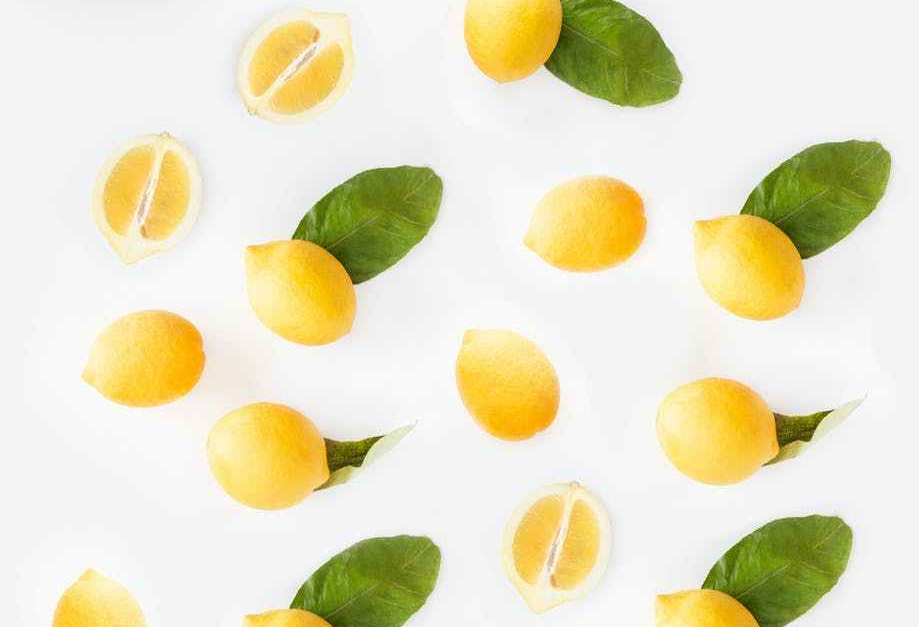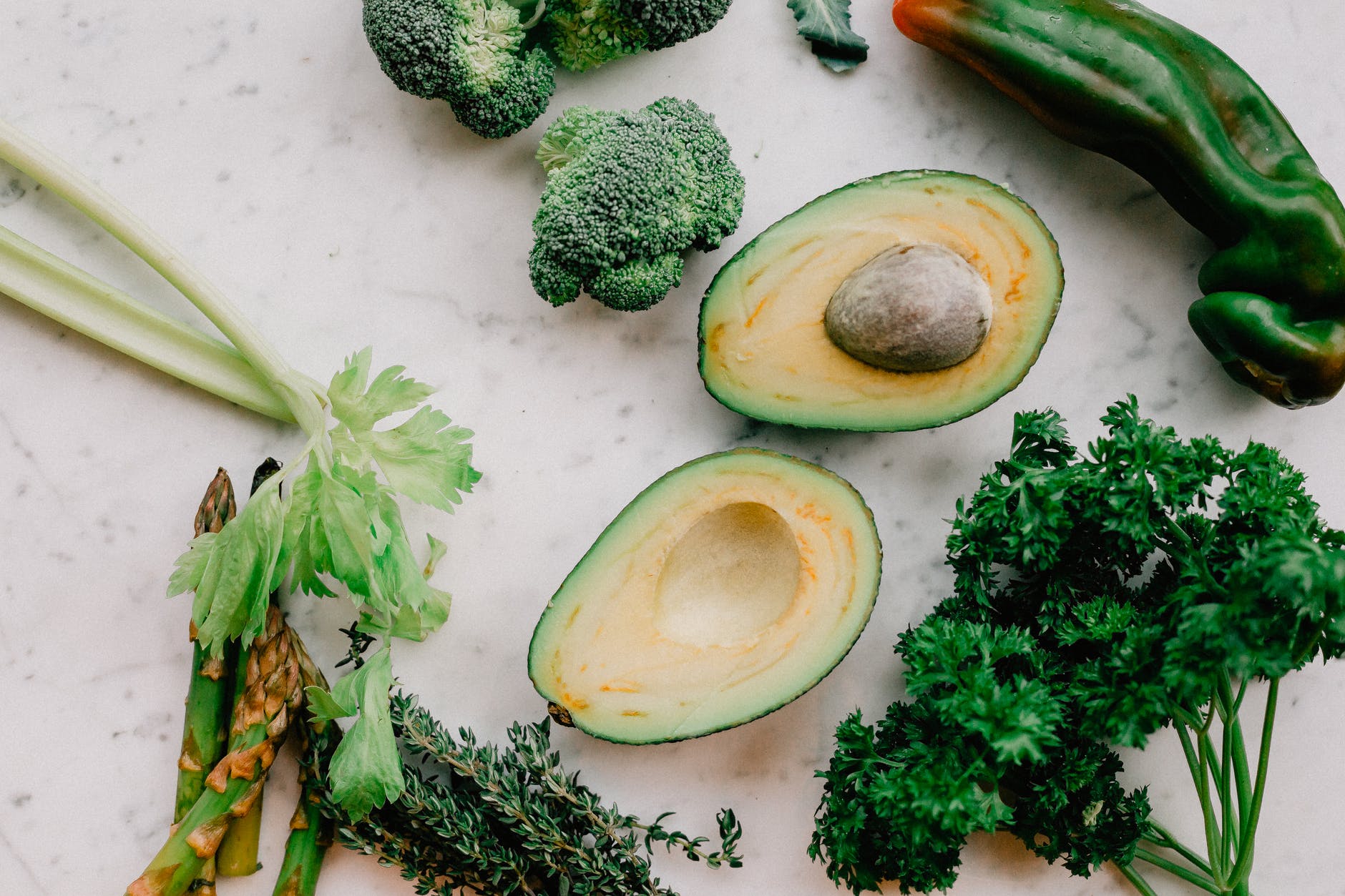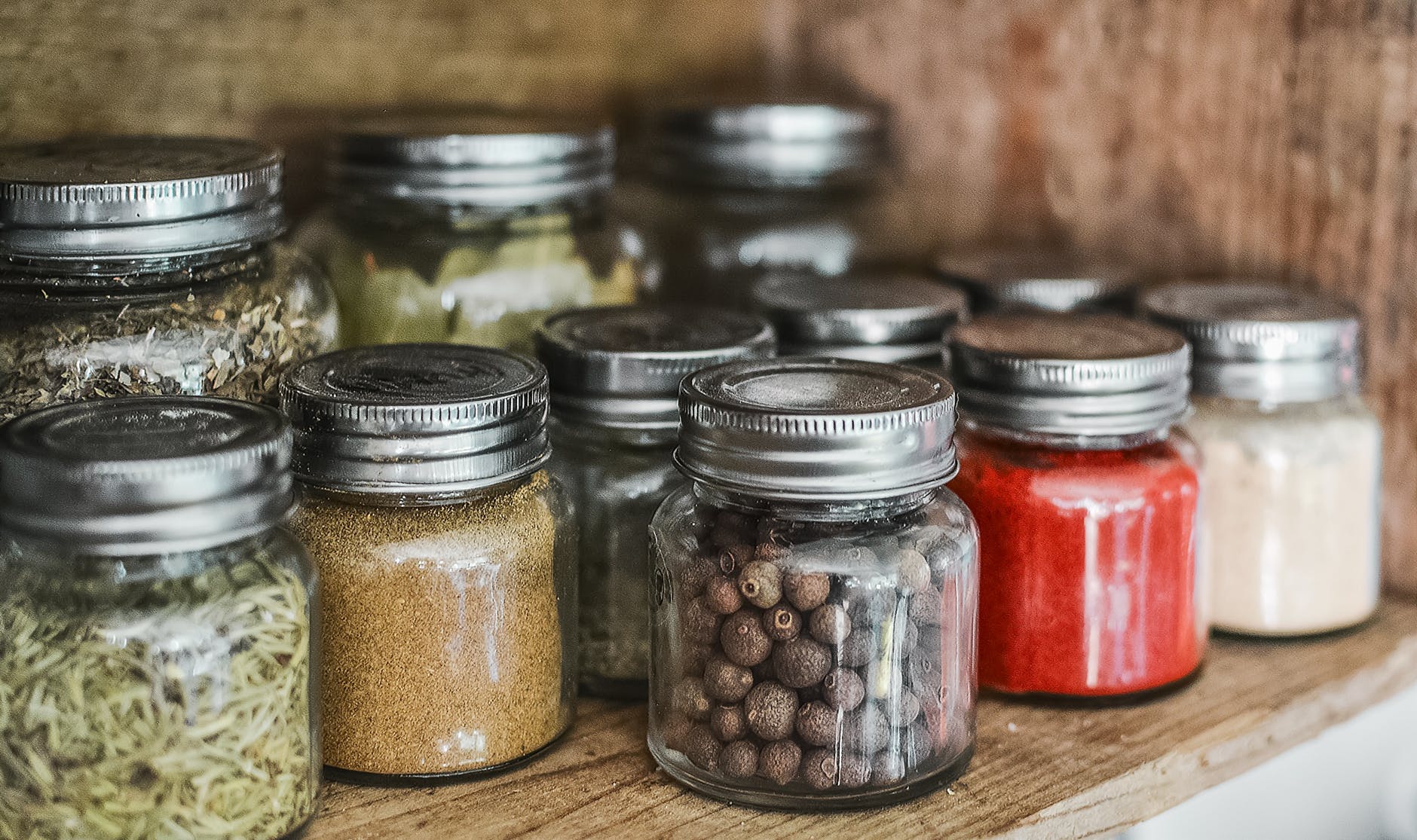As we approach Week I-Have-Lost-Count of the lockdown, many of us have been eating more canned, processed, or junk food than usual. Whether it’s to pass time or prepare meals quicker, this habit does no good for our bodies or our brains.
Yes, gut health has been scientifically proven to affect mental health as well. There have been many studies showing that people with poor diet exhibit more mood disorders, including anxiety and depression.
But how can you start eating healthy when you barely know how to turn on the stove, or when access to your healthier food supply is limited? Here are some easy suggestions to kickstart your road to better eating:
1. Eat more fruits.
Switch up your sweets with fruits! They satiate your palate with less harmful effects versus its refined, packaged counterparts.

2. Control portion sizes.
We’re not saying you should stop eating junk food – but instead of finishing the whole bag in one sitting, take it as a challenge to not chomp down until you’re full. Take a small serving for yourself, just enough to have a taste of that snack you love and save the rest for next time!
3. Drink more water.
Drinking enough water keeps our brain from having to struggle against the effects of dehydration, allowing us to think more clearly than if we let ourselves get dehydrated. For a refreshing boost, you can add slices of lemon, cucumber, or mint. If you must have juices, go for the unsweetened variants, and just add a bit of honey.

4. Switch to whole grains.
White rice is tasty but also highly processed. You can get more nutrients (and maybe feel a lot more full) from unpolished grains – black/red/brown rice. If you find their taste too bland, cook them in broth, add garlic or add pandan instead of just plain water.
5. Try a meatless diet once a week
A balanced meatless diet is that it is full of “superfoods” like berries and nuts that are known to be beneficial for mental functioning. Vegetarians, in cross-sectional and interventional studies, showed fewer symptoms of depression, anxiety, stress, and mood disturbance than omnivores. Grilled cheese sandwiches, mashed potatoes, and mushroom soup are examples of meatless meals that are delicious but also easy to make.

6. Make yogurt a kitchen staple.
Yogurt is rich in probiotics (friendly gut bacteria) and have been proven to positively affect mental health directly. Purchase the plain/unsweetened variants, and just add fruits or honey for some healthy sweetness.
7. Set up a meal schedule.
Eating whenever you feel like it will just lead to mindless snacking. Instead, follow an eating schedule as if it were a regular workday, so that you become more aware and in control of your consumption.

8. Rearrange your pantry.
Out of sight is out of mind, so keep the sweets and junk food in hard-to-reach places like the topmost rack. Then put the healthier snack alternatives at eye level.
With just a few modifications, you are on your way to locking down a healthier quarantine diet. Bon appetit!

